H.R. 4966: Stop Price Gouging in Grocery Stores Act of 2025
The proposed bill, titled the Stop Price Gouging in Grocery Stores Act of 2025, aims to address concerns regarding unfair pricing practices in retail food stores. Here is a summary of the key provisions:
Prohibition on Price Gouging
- Retail food stores are prohibited from selling items at what is deemed to be a "grossly excessive price."- A store can defend against this by demonstrating that any price increase is due to additional costs beyond its control, related to procurement, distribution, or provision of the item.- The Federal Trade Commission (FTC) will develop guidelines defining what constitutes a market and what counts as a grossly excessive price.Prohibition on Surveillance-Based Price Setting
- Retail food stores are not allowed to adjust prices based on personal data collected from consumers. This includes practices such as using facial recognition technology or electronic shelf labels to alter prices based on individual consumer profiles.- There are exceptions where pricing differences are based solely on reasonable costs for providing the item or offered discounts linked to specific consumer categories.Usage of Biometric Data
- Retail food stores may only collect biometric data (e.g., facial recognition) with explicit consumer consent, detailing how such data will be used and secured. They cannot sell or share this data.Disclosure of Technology Use
- Stores that implement facial recognition technology must inform consumers with clear signage at the entrance about its usage and purpose.Prohibition on Electronic Shelf Labels
- Retail food stores larger than 10,000 square feet are banned from using electronic shelf labels. They must display product prices in a non-digital manner.Enforcement Mechanisms
- Violations of the bill's provisions are treated as violations of the Federal Trade Commission Act, allowing for enforcement actions.- State attorneys general can take civil actions on behalf of residents against stores violating these rules.- Consumers harmed by these practices can file lawsuits in federal court for damages or injunctions and may recover attorney fees.Funding
- The bill authorizes $5 million for the fiscal year 2025 to implement its provisions.Definitions and Clarifications
- It lays out definitions for key terms such as "biometric data," "retail food store," and "surveillance-based price setting."Preemption of State Laws
- The bill specifies that it does not override state laws unless they conflict, and states can offer greater consumer protections.Relevant Companies
None found
This is an AI-generated summary of the bill text. There may be mistakes.
Sponsors
31 bill sponsors
-
TrackRashida Tlaib
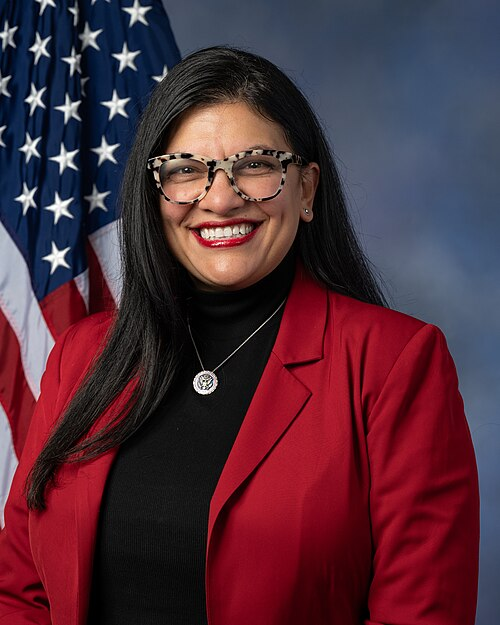
Sponsor
-
TrackYassamin Ansari
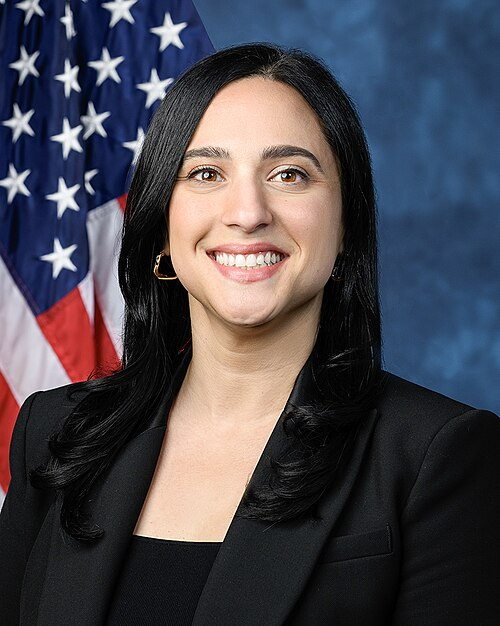
Co-Sponsor
-
TrackJulia Brownley
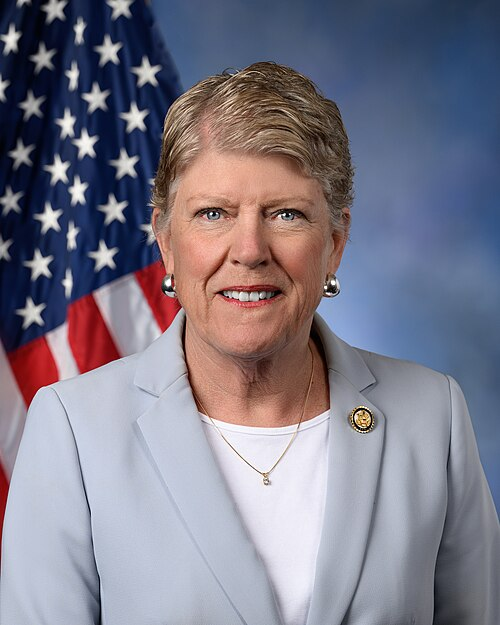
Co-Sponsor
-
TrackAndré Carson
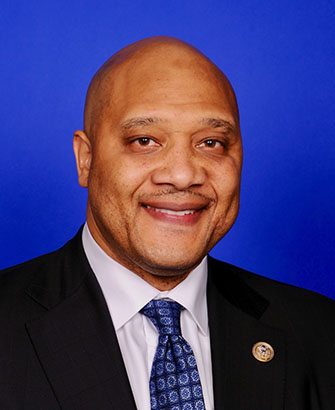
Co-Sponsor
-
TrackGreg Casar

Co-Sponsor
-
TrackYvette D. Clarke
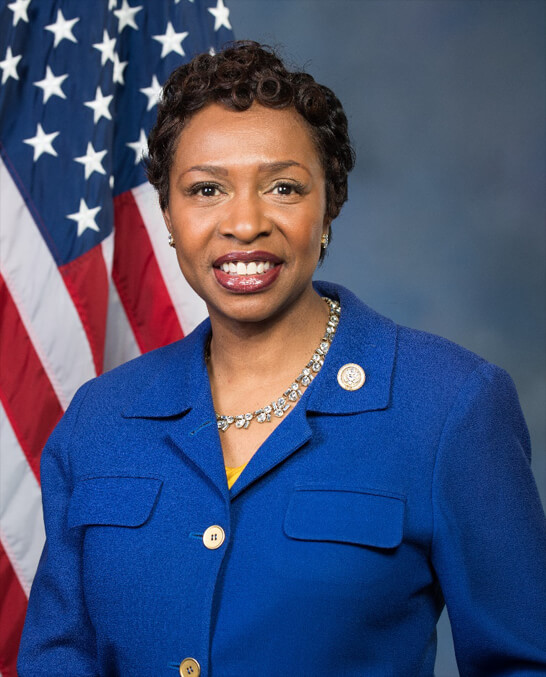
Co-Sponsor
-
TrackSteve Cohen

Co-Sponsor
-
TrackChristopher R. Deluzio
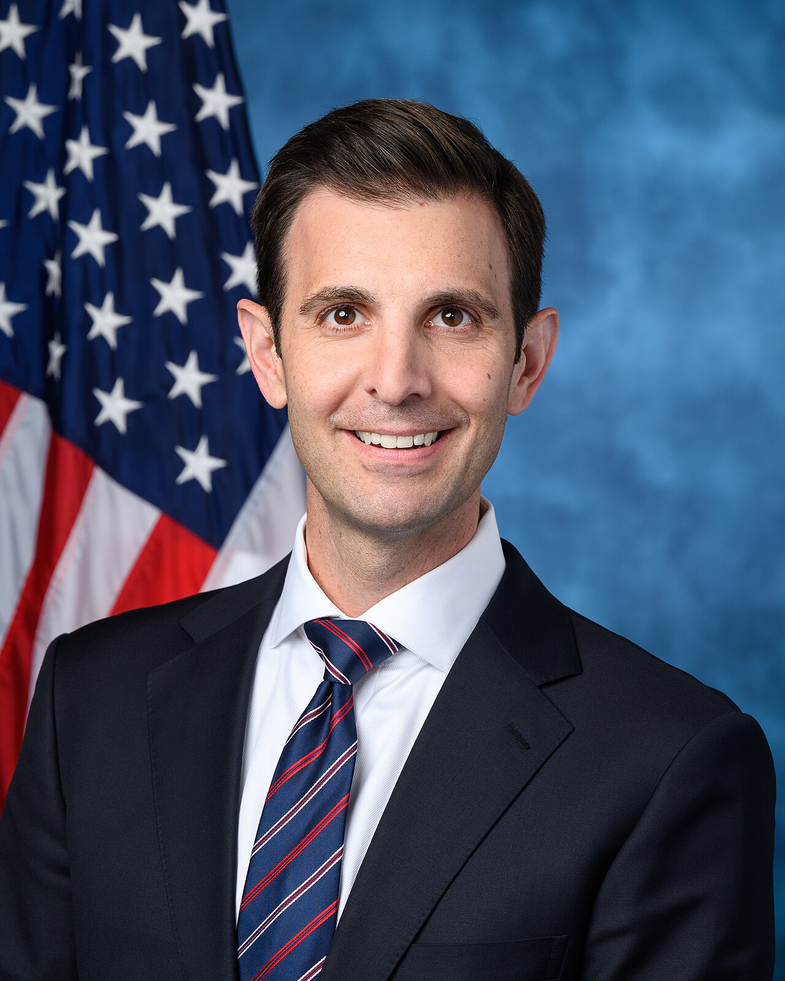
Co-Sponsor
-
TrackDwight Evans

Co-Sponsor
-
TrackSylvia R. Garcia
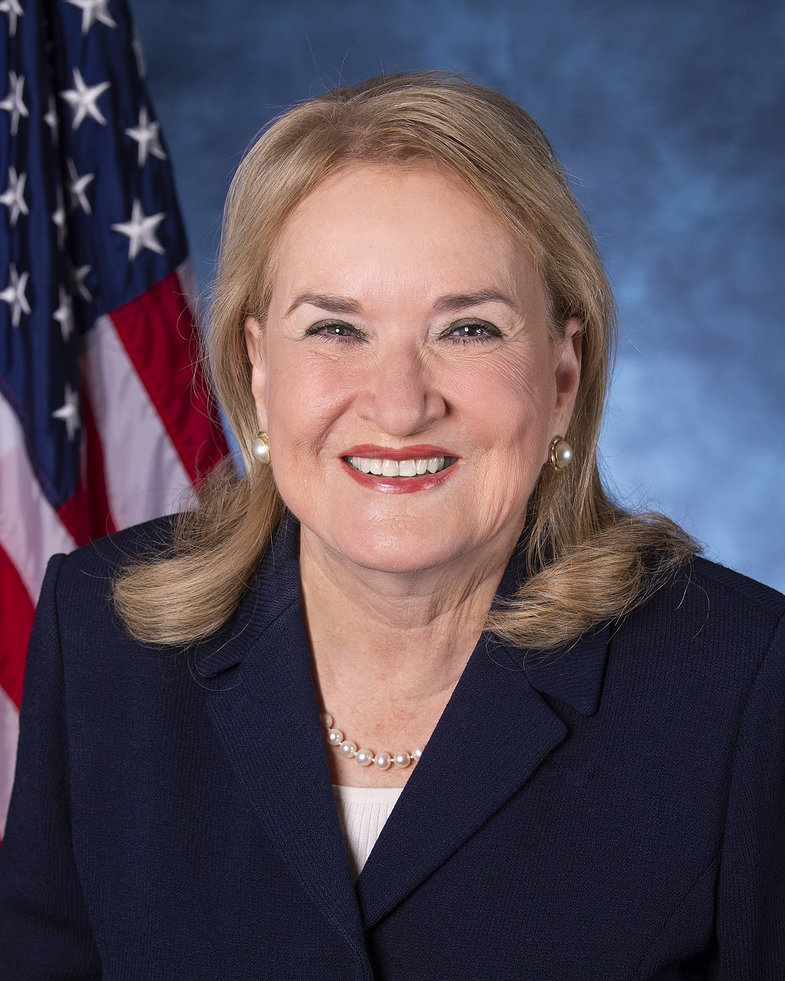
Co-Sponsor
-
TrackJesús G. "Chuy" García
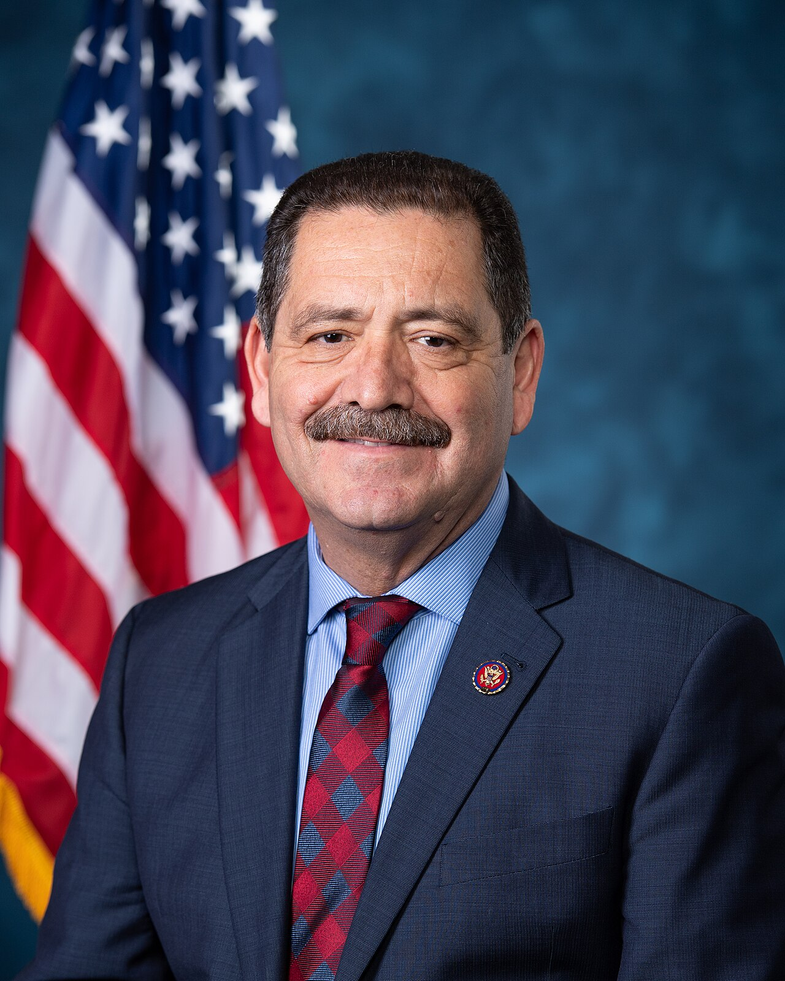
Co-Sponsor
-
TrackVicente Gonzalez
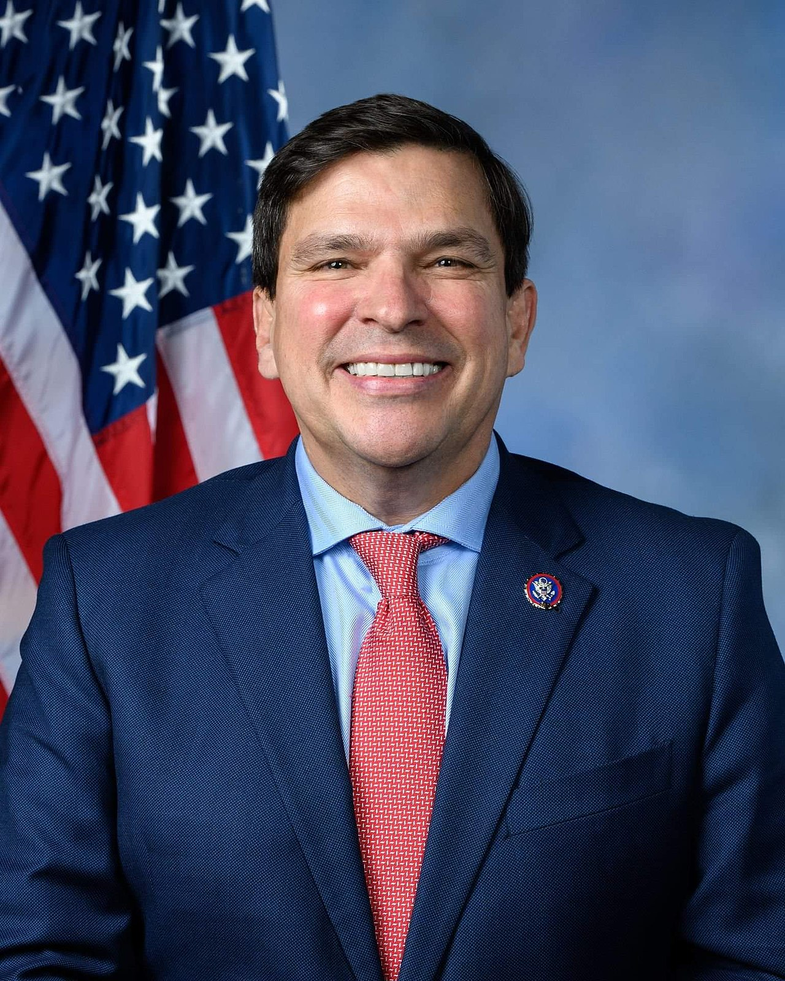
Co-Sponsor
-
TrackVal T. Hoyle

Co-Sponsor
-
TrackPramila Jayapal
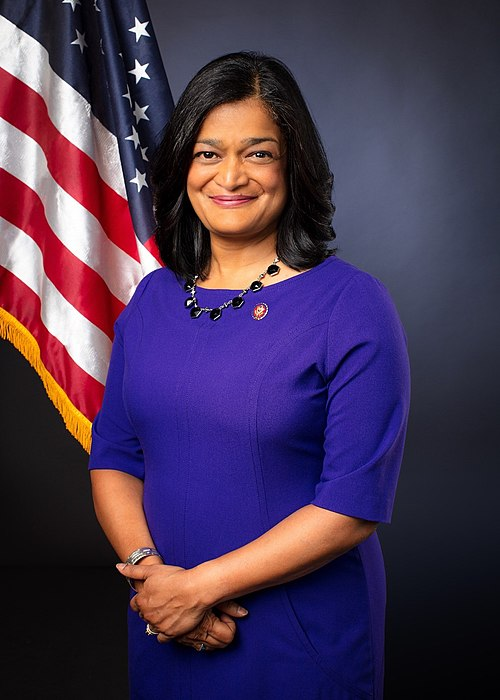
Co-Sponsor
-
TrackSydney Kamlager-Dove
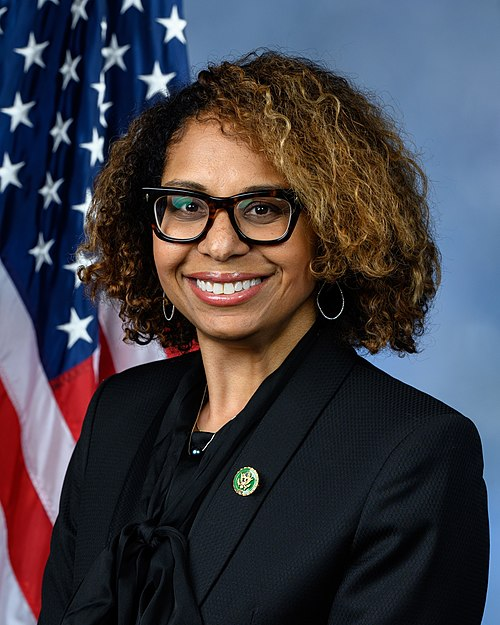
Co-Sponsor
-
TrackSummer L. Lee
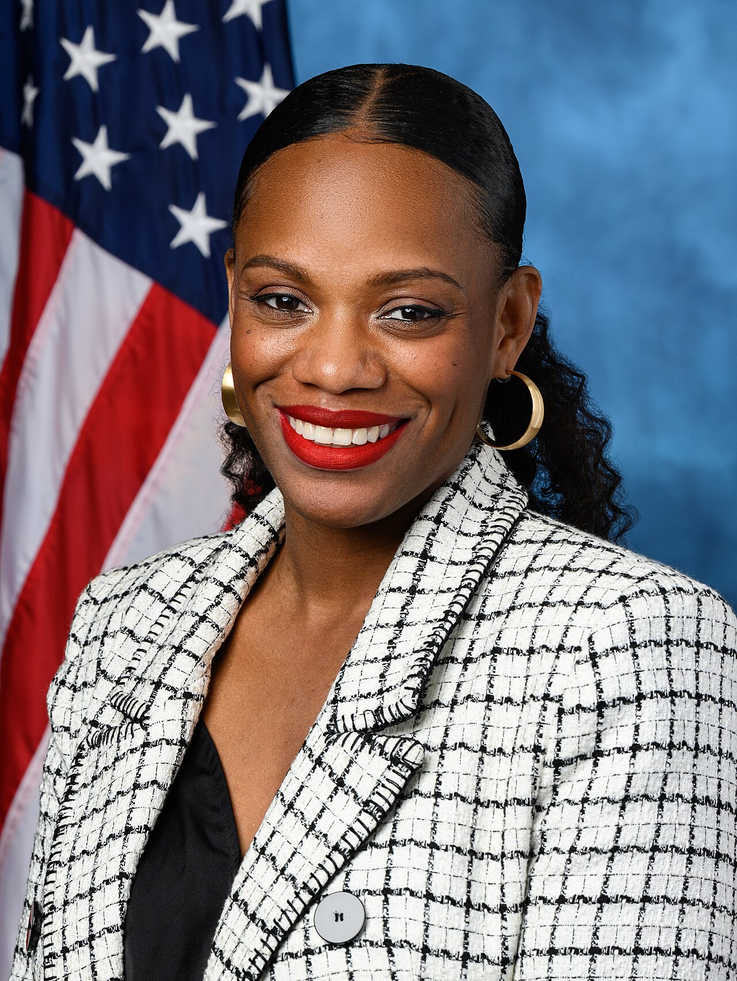
Co-Sponsor
-
TrackTeresa Leger Fernandez
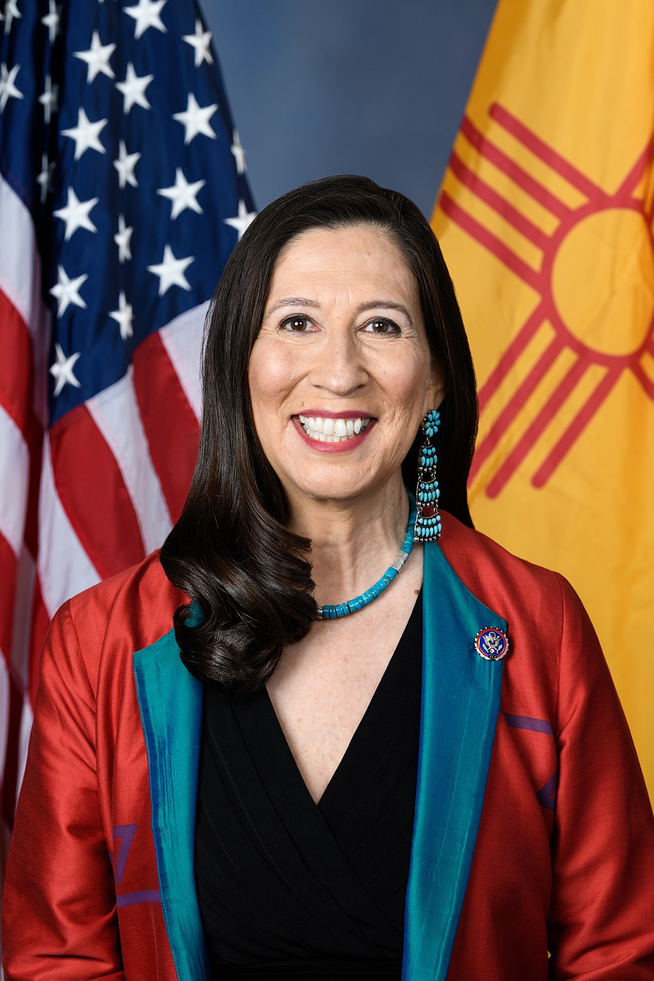
Co-Sponsor
-
TrackLaMonica McIver
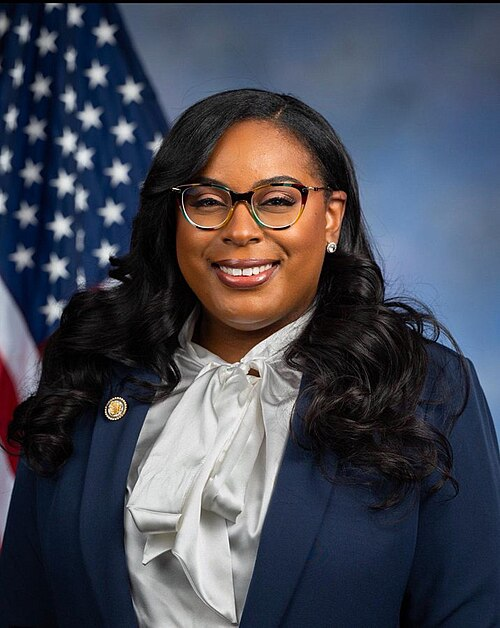
Co-Sponsor
-
TrackJerrold Nadler
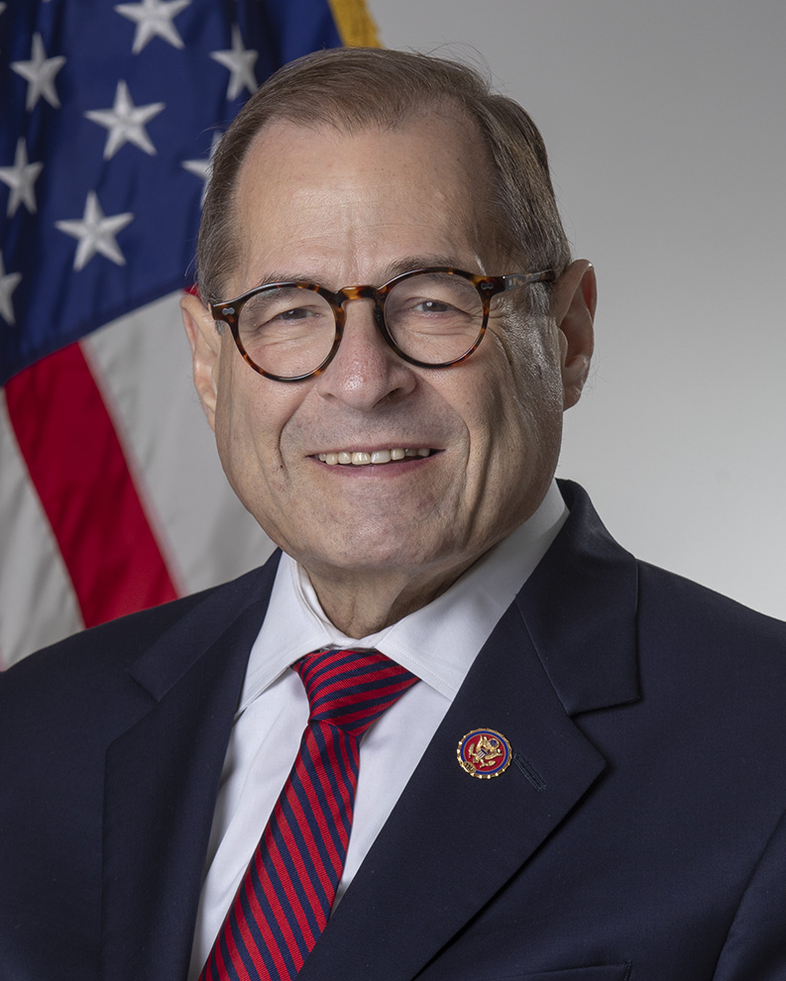
Co-Sponsor
-
TrackEleanor Holmes Norton

Co-Sponsor
-
TrackAlexandria Ocasio-Cortez

Co-Sponsor
-
TrackIlhan Omar

Co-Sponsor
-
TrackMark Pocan
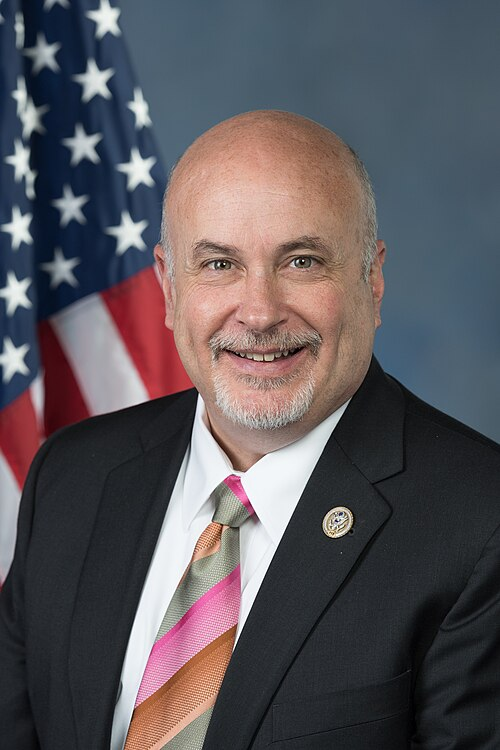
Co-Sponsor
-
TrackAyanna Pressley
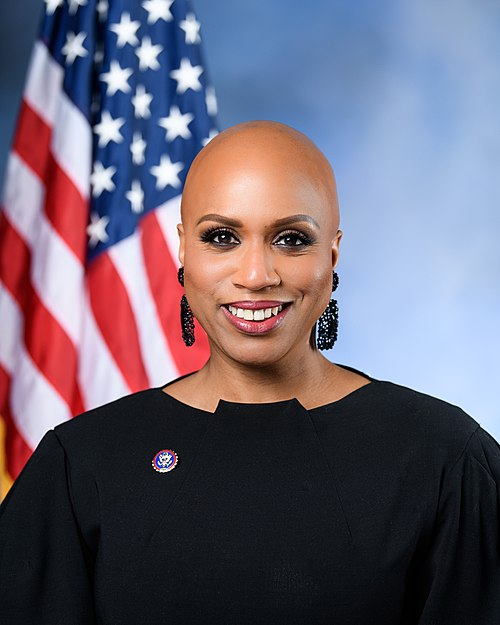
Co-Sponsor
-
TrackDelia C. Ramirez
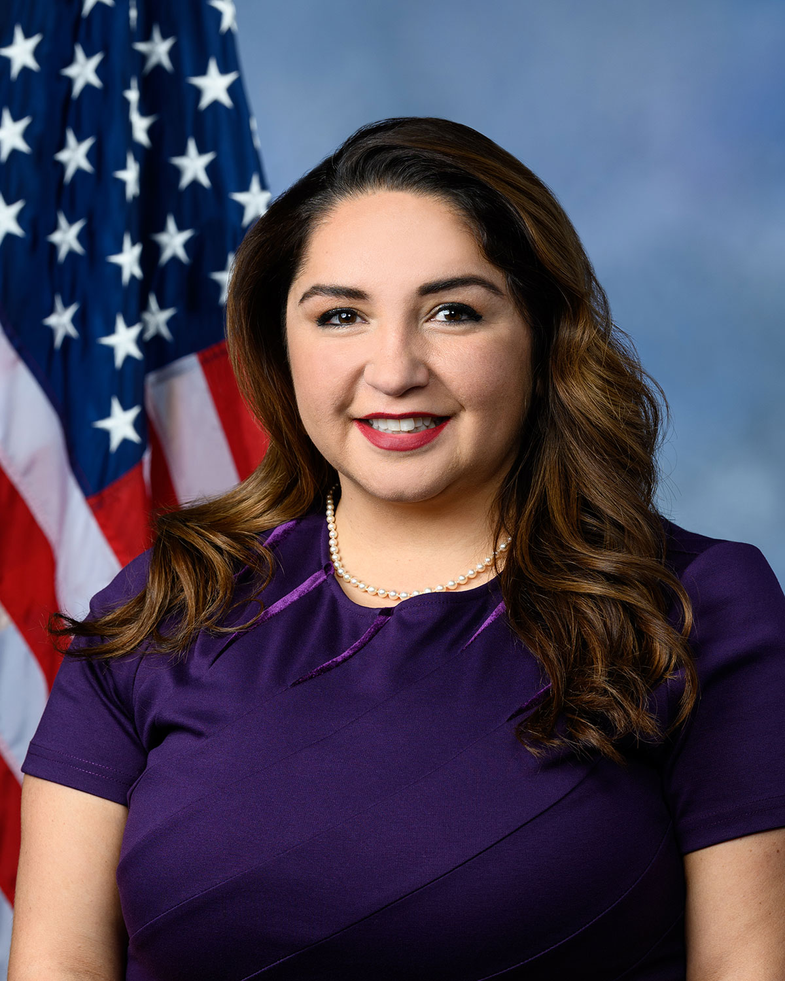
Co-Sponsor
-
TrackLateefah Simon

Co-Sponsor
-
TrackMelanie A. Stansbury
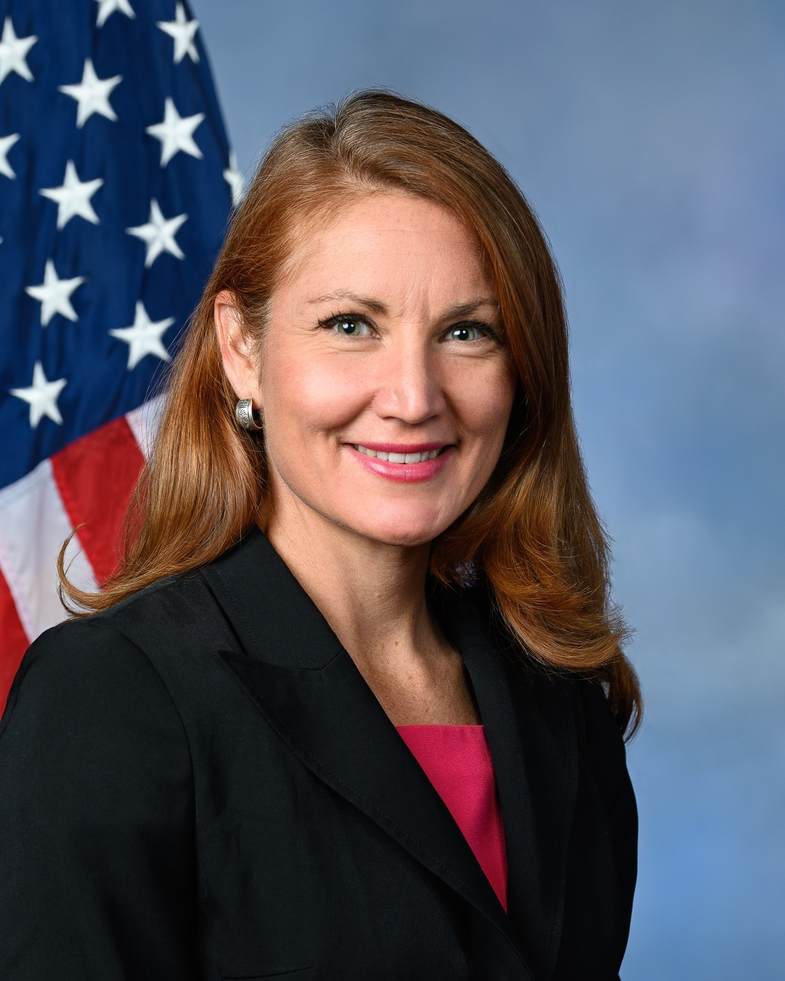
Co-Sponsor
-
TrackShri Thanedar

Co-Sponsor
-
TrackJill N. Tokuda
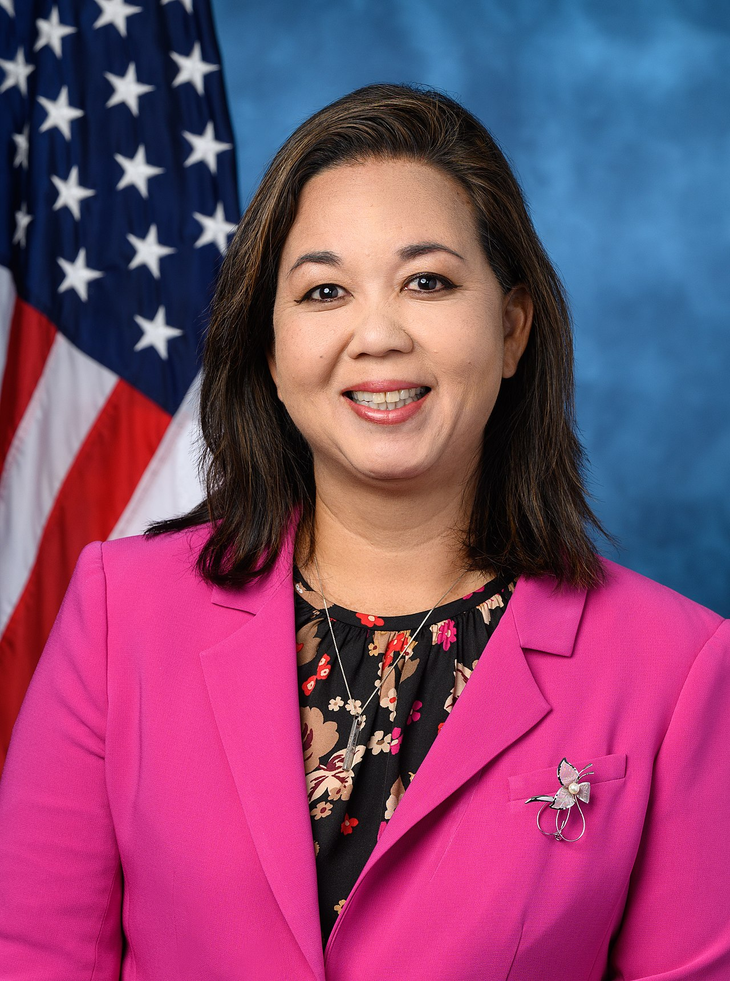
Co-Sponsor
-
TrackDerek Tran
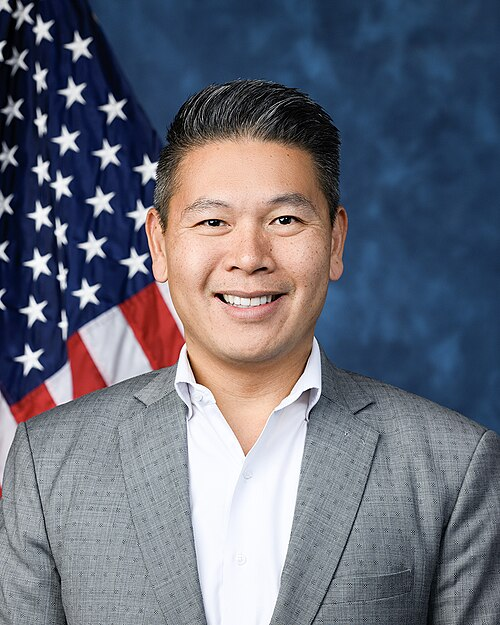
Co-Sponsor
-
TrackBonnie Watson Coleman
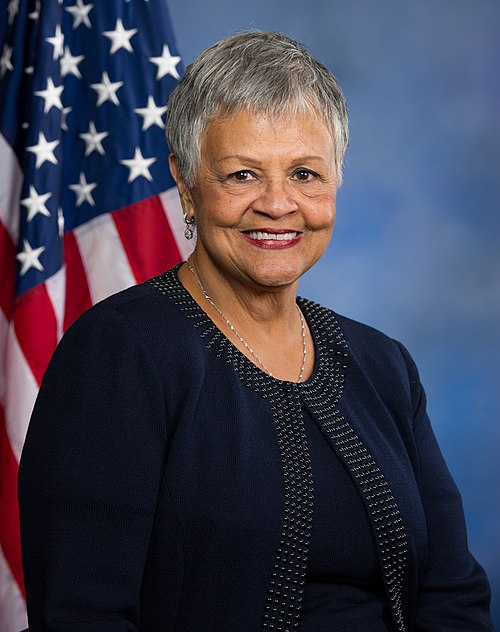
Co-Sponsor
Actions
2 actions
| Date | Action |
|---|---|
| Aug. 12, 2025 | Introduced in House |
| Aug. 12, 2025 | Referred to the Committee on Energy and Commerce, and in addition to the Committee on the Judiciary, for a period to be subsequently determined by the Speaker, in each case for consideration of such provisions as fall within the jurisdiction of the committee concerned. |
Corporate Lobbying
0 companies lobbying
None found.
* Note that there can be significant delays in lobbying disclosures, and our data may be incomplete.
Potentially Relevant Congressional Stock Trades
No relevant congressional stock trades found.